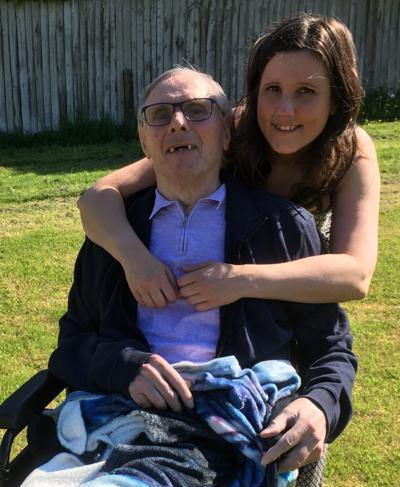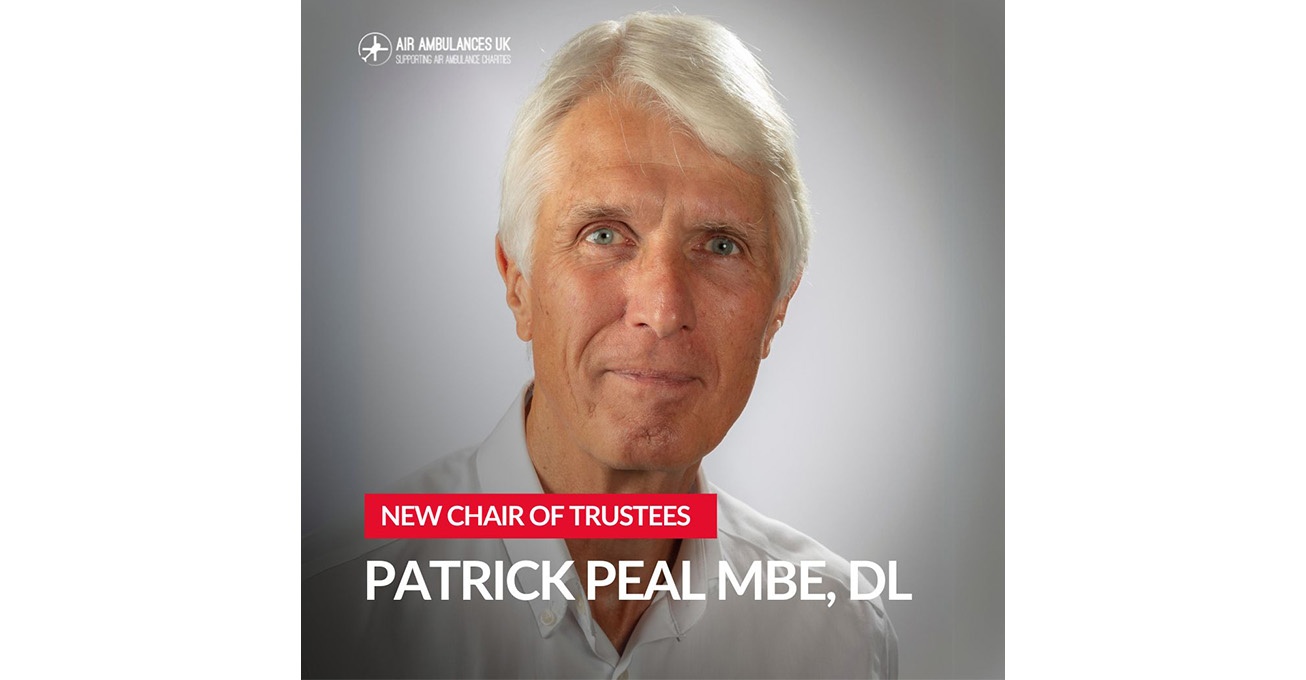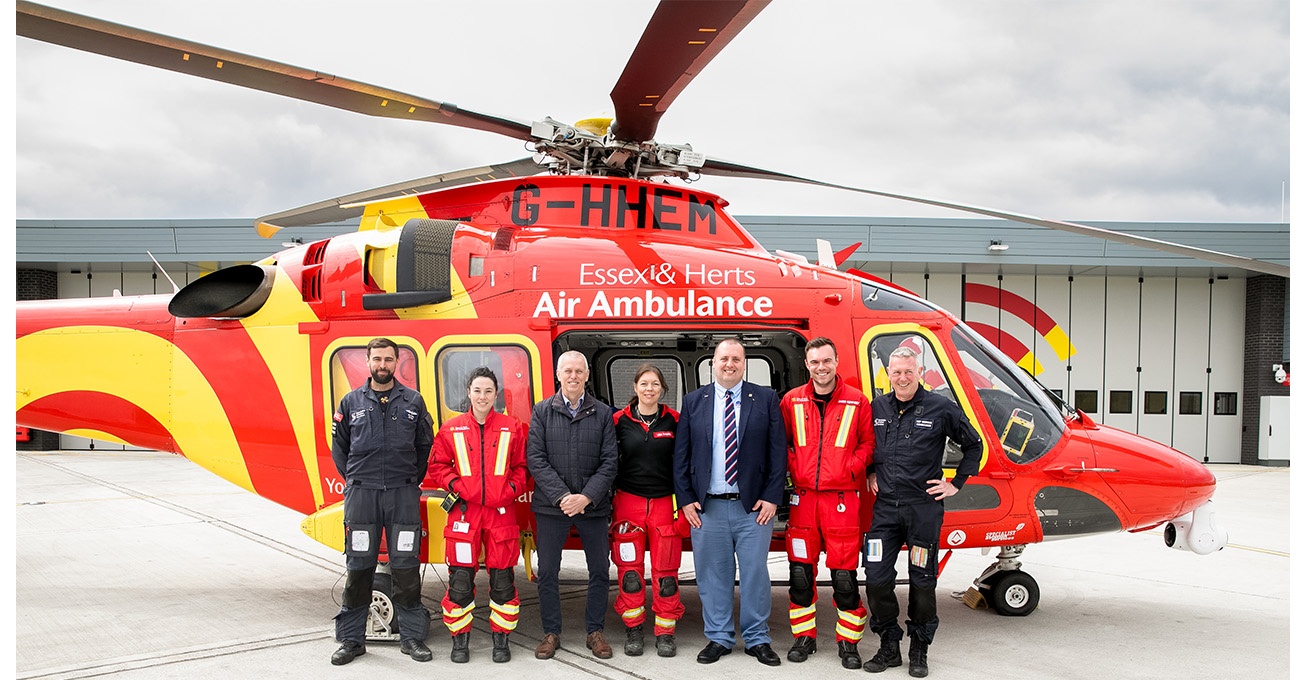A Wolverhampton pre-school teacher who sacrificed her dream of becoming a police officer to “battle relentlessly” to get her father’s rare neurological condition correctly diagnosed has called for the creation of a new task force to lobby for better care.
Eight years ago, David Pearson was told he had vascular dementia by a consultant who laughed in his daughter Lavinia Pearson’s face when challenged.
He only got the correct diagnosis of progressive supranuclear palsy, a rare neurological condition which worsens over time, thanks to Lavinia’s persistence.
Lavinia, who was also a special police constable, is now supporting The Neurological Alliance’s call to urge the Government to establish a Neuro Task Force.
Previously, his wife Diana had been diagnosed with Parkinsonism before diagnosis of a rare neurological condition corticobasal degeneration (CBD) in the last six months of her life.
Shortly after Diana passed away at 77 years old, Lavinia insisted on an appointment with a consultant for David as he began to display similar symptoms.
Lavinia said: “Unfortunately, the consultant laughed in my face and said it was dementia, he was 90 per cent sure it was nothing to do with Parkinson’s. I told him that he still had 10 per cent to play with and refused to leave the office until he ordered a scan to have a look at dads’ dopamine.”
Within a week, David received the diagnosis of progressive supranuclear palsy, which affects how the brain controls body movement, coordination, thinking and other vital functions.
Lavinia continued: “Now dad can’t do anything for himself; he can’t move his arms, walk or even talk. He knows what he wants to say but can’t get it out if he needs to think about it. Swear words do tend to come out because he doesn’t have to think about that, they’re just off the cuff.”
44-year-old Lavinia cares full time for her 80-year-old father but feels as though she let her parents down.
She said: “Even though I did the best that I could for my mum and now my dad, I still feel like I let them down. It’s just very difficult mentally and physically.
“I feel like I should have known more about the conditions. I was completely oblivious with mum; I feel like I missed things and just trusted all the medical professionals. We didn’t have any other support so now with my dad, I’m like a dog with a bone, I’m relentless. I fight for him.”
The ex-special police officer is supporting The Neurological Alliance campaign to bring about much needed change for people affected by neurological conditions.
Lavinia believes there should be more specialist support put in place for people like David.
She explained: “When dad’s used to go to dementia day care it gave us both a bit of a rest, but he just stood out like a sore thumb because he doesn’t have dementia. I don’t think they understood what he was going through and how to care for him properly.”
The Neurological Alliance handed over a 19,000-strong petition to the Department of Health and Social Care on Monday, June 5. It called on the government to back the one in six people affected by neurological conditions in the UK and calls for a UK-wide Neuro Taskforce to spearhead vital improvements in care and support.
The petition was a result of The Neurological Alliance’s 2022 ‘My Neuro Survey’ completed by more than 8,500 people affected by neurological conditions. It exposed significant shortfalls in mental wellbeing support, delays to accessing vital treatment and care and a lack of information and support at diagnosis.
Georgina Carr, Chief Executive of The Neurological Alliance, said: “Despite affecting millions of people and costing billions of pounds, neurological conditions are too often at the back of the queue. More than half of people who shared their experiences had experienced delays to routine specialist appointments in the last year and a majority hadn’t been asked about their mental wellbeing by a healthcare professional in the past three years. We believe these people are the neglected millions. The message from people affected by neurological conditions is clear – this must change.”
Together with the petition, the Neurological Alliance exhibited a brand-new artwork in Parliament, which featured pictures from hundreds of people affected by neurological conditions across the country. It is hoped the artwork will help to raise awareness amongst MPs of the realities of living with a neurological condition.
Georgina added: “We must not ignore the fact that one in six people live with a neurological condition and many are not receiving the care and support they need.
“We stand united with over 100 organisations and 19,000 people to take immediate action. We urge governments across the UK to establish a Neuro Taskforce to address these unacceptable gaps in care and support for people with neurological conditions and deliver real change.”
A UK-wide Neuro Taskforce would make a real difference by making sure everyone affected by neurological conditions has access to the right care at the right time and the workforce to support them. It would provide a framework to support greater collaboration and sharing of best practice in the approaches taken to tackle common problems. Fundamentally, and most importantly, it would help to show that governments across the UK are listening to people affected by neurological conditions.
Dr Arani Nitkunan, Consultant Neurologist, said: “My colleagues and I see the devastating impact neurological conditions can have every day. Despite our best efforts to provide the best support for everyone, we are overstretched and overlooked by commissioners. Ensuring neurological conditions are tackled through a Neuro Taskforce would help us go further and mean that people with neurological conditions and services like mine are listened to at the highest forms of Government.”
The Neurological Alliance is a coalition of over 90 organisations working together to improve services for the 1 in 6 people in the UK who live with a neurological condition and their families and loved ones. Its vision is for every person affected by a neurological condition to be able to access the right treatment, care and support at the right time.
It defines a neurological condition as any condition that affects the brain, spinal cord and/or nerves. Because these systems control your mind and body, neurological conditions can affect the way you think and feel and interact with the world.
There are over 600 neurological conditions, including dementia, ataxia, migraine, epilepsy, Tourette syndrome, Parkinson’s, multiple sclerosis, motor neurone disease and cerebral palsy.
If you need support, Neurological Alliance members may be able to help. Visit www.neural.org.uk to find out more.







